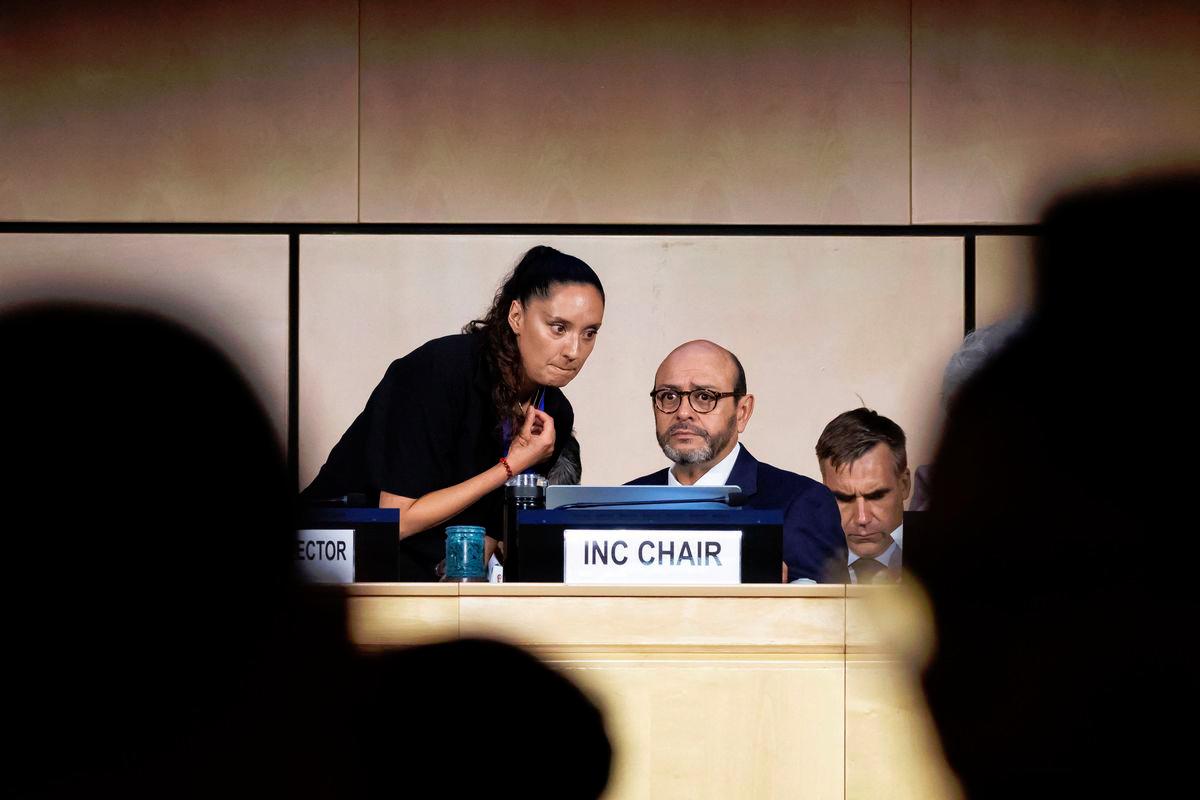GENEVA: Negotiators from 180 countries convened in Geneva on Tuesday for a fresh round of UN-led talks aimed at finalising a global treaty to tackle plastic pollution, described as a “global crisis” by diplomats.
The urgency of the issue was underscored as microplastics continue to infiltrate ecosystems, oceans, and even human bodies.
Ecuadoran diplomat Luis Vayas Valdivieso, chairing the discussions, warned that plastic pollution is “damaging ecosystems, polluting our oceans and rivers, threatening biodiversity, harming human health, and unfairly impacting the most vulnerable.”
He stressed that the responsibility to act lies with the international community.
Previous negotiations in Busan, South Korea, collapsed in December after oil-producing nations blocked consensus on production limits.
Despite the challenges, UN Environment Programme (UNEP) chief Inger Andersen expressed cautious optimism, stating, “Most countries have said: ‘We’re coming to Geneva to strike the deal’.”
Plastic waste has reached alarming levels, with over 400 million tonnes produced annually—half for single-use items. Only 9% is recycled, while 46% ends up in landfills and 22% becomes litter.
A Lancet report highlighted plastic pollution as a “grave, growing and under-recognised danger,“ costing $1.5 trillion yearly in health-related losses.
Environmental groups, including Greenpeace, demand a treaty that cuts production and bans toxic chemicals. Graham Forbes, Greenpeace’s delegation head, warned against letting “a few countries determine humanity’s future.”
Meanwhile, industry representatives argue plastics are vital for healthcare and infrastructure.
As talks proceed, an art installation outside the UN—a plastic-submerged replica of Rodin’s “The Thinker”—symbolises the growing burden of pollution.
Canadian artist Benjamin Von Wong, behind the piece, urged action: “If you want to protect health, we need to think about toxic chemicals in our environment.” - AFP









